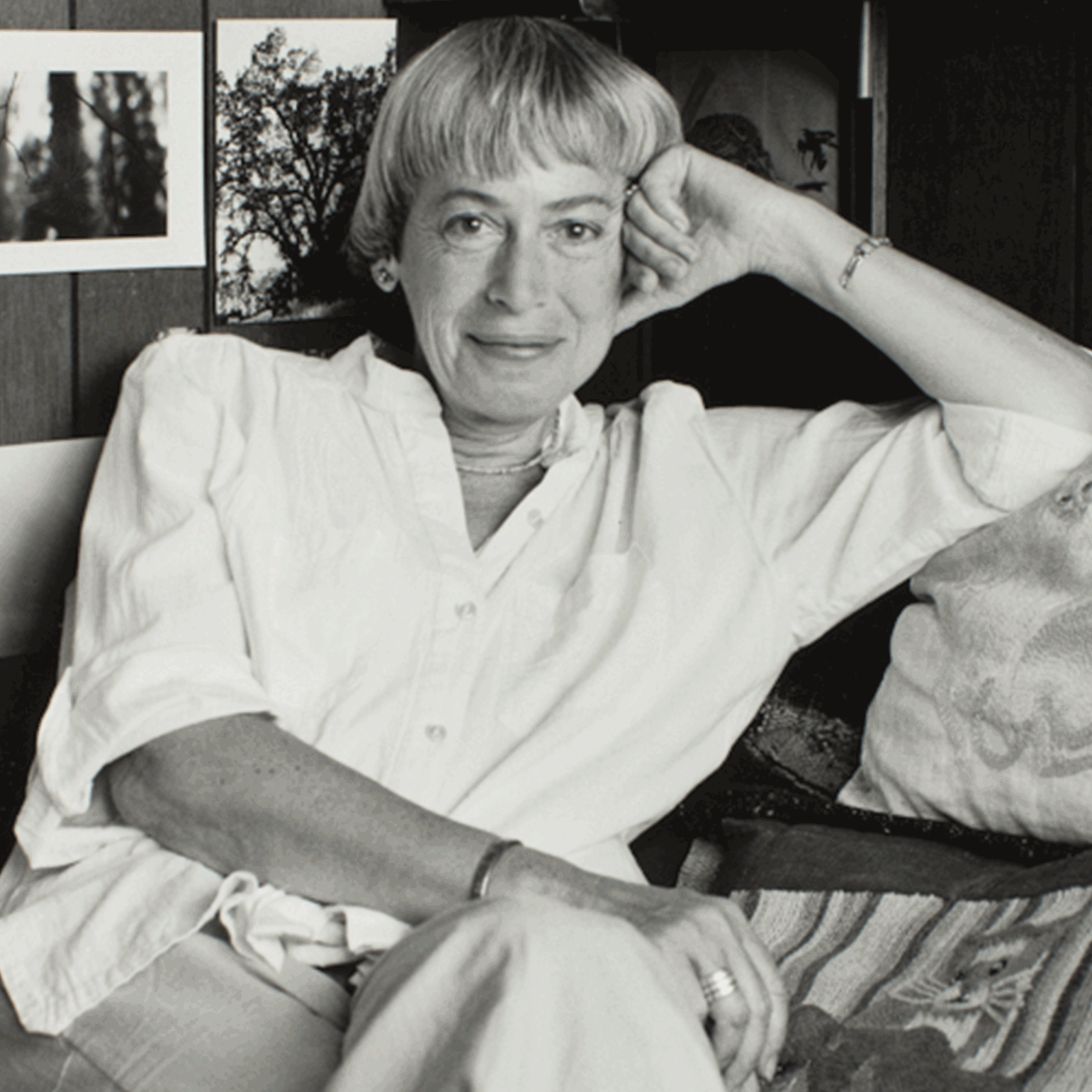One night twenty years ago, I went to see Ursula Le Guin at Folger Library, where she accepted the PEN/Malamud award. It was a bit of a trek from Gaithersburg, Maryland, but I had fallen in love with her novel "The Lathe of Heaven" and her Taoist philosophy. She was a white-haired diminutive woman. At the award, she read one of her short stories about an all-female expedition that reached the South Pole and decided to keep it secret. At that time I did not understand the ending, but now I do. Even in my ignorance, by the end of the reading, tears were streaming down my face.
Some years ago I picked up the Earth Sea trilogy but could not get past the first chapter. Yet another Arthurian fantasy about wizards and magic centered around a boy who will grow into a great man. A tiresome trope of "the chosen one", I thought. A week ago it was again recommended to me as an example of an unusual exploration of power and its use. So I started again. My first impression was entirely wrong. It both is and is not the Arthurian fairy tale.
There is indeed a lot of worldbuilding and magic and other traditional fantasy elements, but it also subverts many of the common tropes of the genre. The novel starts with a heroic achievement by Ged as a boy, setting up an expectation that he is destined to be a great hero through a series of conquests and elevation of his talent and skills. But no. The novel is a journey of self-discovery and self-reflection. It's a psychological adventure disguised as fantasy adventure.
Le Guin had an unparalleled talent in writing severe hardships and quiet stoicism. She is really one of the toughest writers I have read. The ordeals she routinely put her characters through are punishing and merciless. So it is all the more extraordinary that none of it is at all cynical or nihilistic. One closes her books with warmth, humility, and affirmation of life.
The novel was written in 1967. For over half a century, the fantasy genre, the YA genre, and the YA fantasy genre all exploded in popularity. Yet still the torrent of stale tropes continues to flow, and very few works are nearly as subversive, almost revolutionary, as Le Guin's.



No comments:
Post a Comment